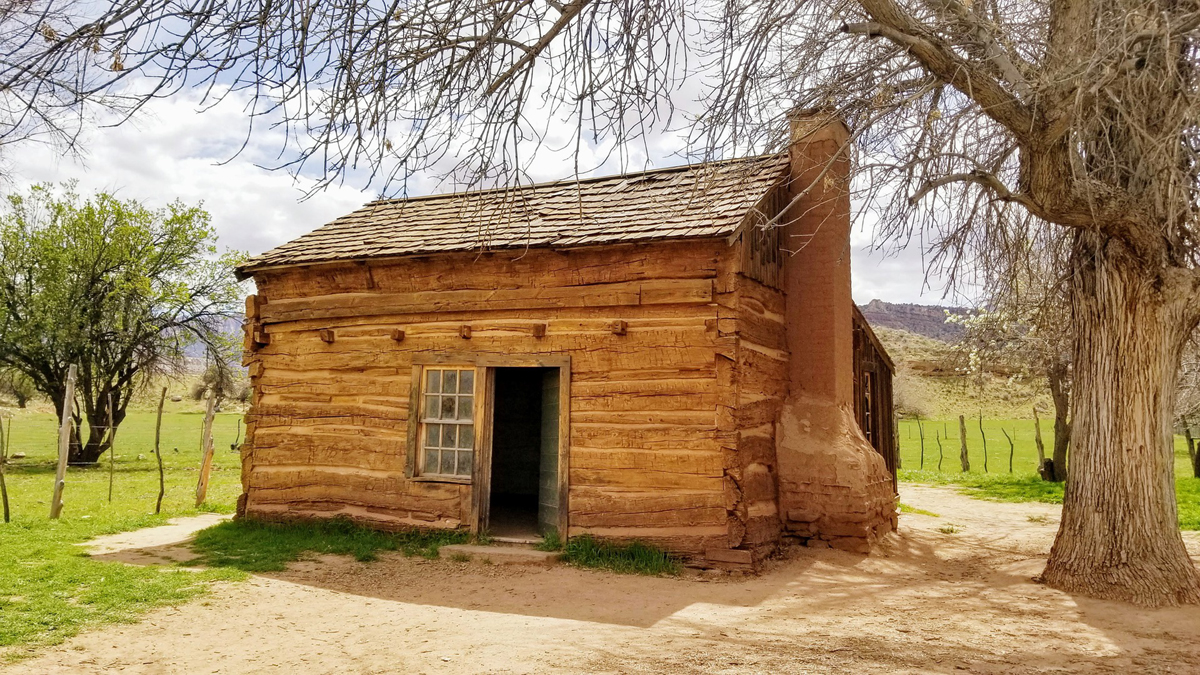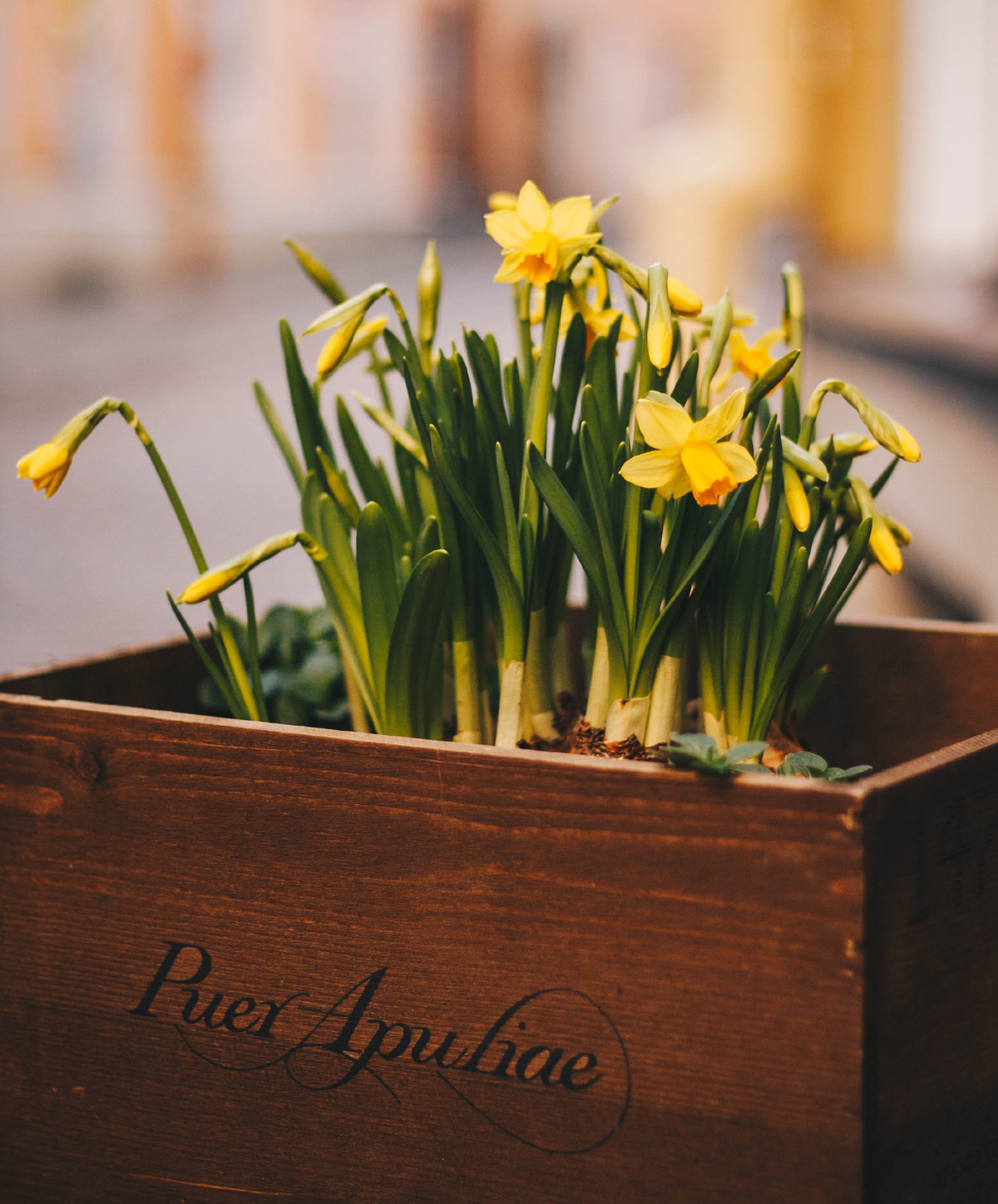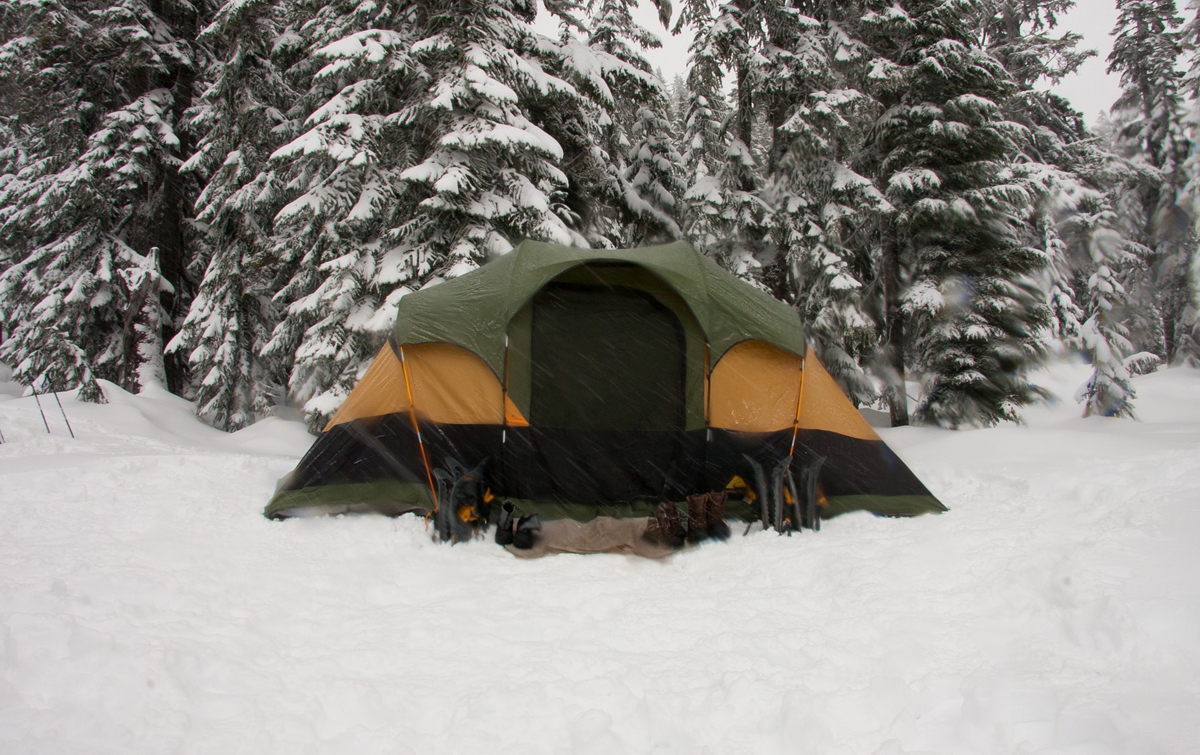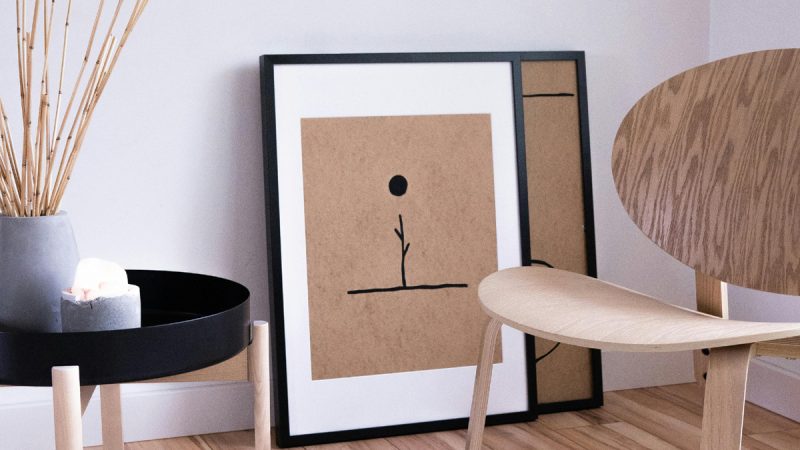Live Work and Travel The Pioneer Way

While rural communities struggle to drum up interest in tourism to their regions with festivals and fairs, museums and local icons, the big-money tourists are flocking to rural towns and municipalities to experience an authentic western, First Nations, pioneer or eco-experience.
The disconnect seems to be caused because rural residents are reluctant to believe that someone might be interested in what those residents see as an everyday experience. If that were true, no resident of Hawaii, Paris, Mexico or Wyoming would ever recognize the value of sandy beaches, the cafes along the Seine, the arid air, or Old Faithful.
Much of what we in rural North America is precisely how we live and who we are. It is not just the Americans who are intrigued by history. Since the days when the wild west was being opened up, Europeans have been fascinated with everything about that rustic environment, snapping up the dime novels that glorified commonplace tramps and hoodlums of the west. That interest has not waned, but, instead, has burgeoned, growing to include China’s and even the North American eastern cities’ interest in participating in an authentic western experience.
The pioneer encounter is an extension of that fascination with our ancestors of the west. While we who live every day in that milieu generally are disinterested in such out-dated modes of living, those that have never been part of its routines cannot get enough of the romance of the era. German and Slavic tourists form the bulk of that influx of visitors. No doubt, Kenyans are mildly amused at our own interest in their everyday pests, such as lions, or nuisance wildlife such as the wildebeest.
What others see as intriguing often baffles locals. Yet, it is these idiosyncratic events and experiences that provide a glimpse into a world that others, from other regions and countries, find as a counterpoint to their own lives.
So where does that leave rural communities, who invest heavily, in terms of volunteer labor and money, in museums and community fairs that often are duplicates of the museum down the road?
Those museums and festivals may actually offer the jumping off point for your thrust into the activities that are more in demand by paying customers. The “Live, Work & Travel The Pioneer Way” program integrates those existing venues and events into a more holistic experience.
Local people who have access to old buckboards, wagons, sleighs, York boats, vintage cars and so on should be digging them out of the tall grass in the field, refurbishing them, and offering rides to visitors. Museum organizers should look to reconstructing and repairing old sod shanties, log cabins, tepees, and Dirty 30s clapboard homes, so that tourists can visit or spend a night in an authentic pioneer or First Nations dwelling. Empty former blacksmith shops, Bombardier snow planes, fixed-position threshing machines and old fishing boats should be restored, and tourists invited to take part in a day of work with those that know the routines. First Nations should be spending days in the field, showing interested visitors how to harvest from the wild, and have them experience the 1800s way of life.
Involve your potential tourist in your life, and discover the enthusiasm with which they embrace an experience that is unique to them, pedantic to you. Work with adjacent communities, expand your programs, and turn farm life into a financial windfall.
The Author:
Robert (Bob) Lee is a former business developer and consultant to not-for-profit, community-based and rural development groups. His track record of success is significant, with development and deployment of a variety of eco-initiatives (biodiesel, biogas, solar & wind energy, geothermal), housing projects, tourism initiatives, and local for-profit businesses. He has written numerous books and manuals on rural & community development and business profitability ideas. Visit his blogs at http://ruralinnovation.blogspot.com, or buy his most recent book, Growing Rural Business: An Innovative Approach to Development, at Amazon Booksellers








